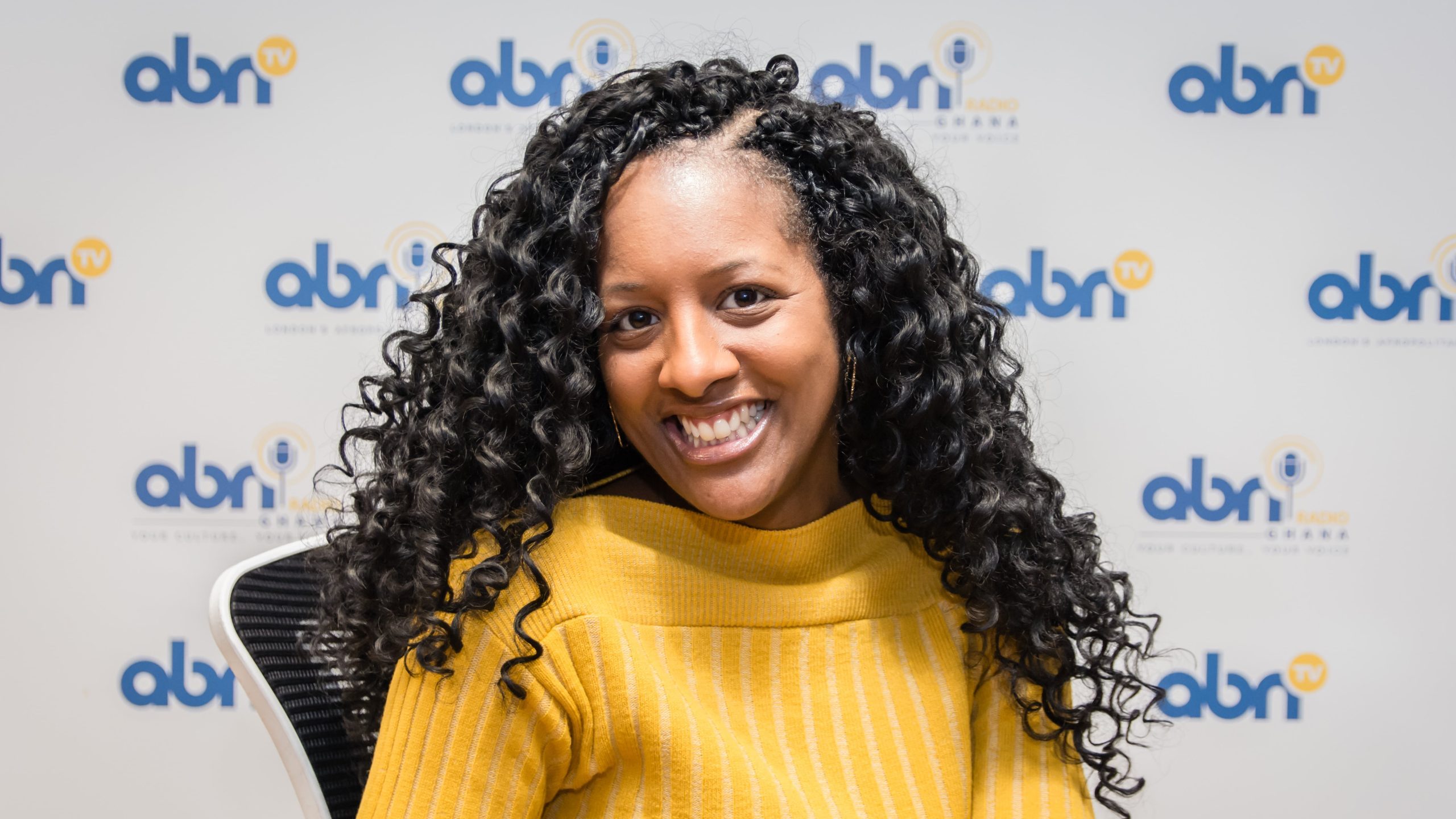Are there any schemes that work well to increase diversity and how can we encourage more women to apply for certain roles?
There’s always room for improvement. I think with schemes and apprenticeships the opportunity needs to be offered right across the board so if you’re a single parent that wants to get involved in sports media there needs to be a scheme that allows that. As a single parent you could do a course part time or in the evenings. That’s a wild idea but that’s one way to look at things. It’s also about tapping into networks. Those days of traditionally advertising in a newspaper or online need to be scoped out further. Tap into people’s networks, someone will know someone, who will know someone. I do believe it’s about thinking outside the box to and working with organisations like BCOMS and what Leon Mann and various others are doing to encourage people to apply. They have relationships with organisations already, work with those groups and those networks and hopefully you will see the rewards.
Several female leaders at the top of women’s sport have recently announced they are departing, do you think this will have an effect?

This is a time of a changing of the guard for some of the most powerful and influential people in British sport. Where this is going? I don’t know. Despite those women leaving roles, the established order has changed. We had three powerful figures within the industry and I hope that continues. All three of them have done extraordinary work and I hope that continues. I’m hopeful that whoever comes in next will carry on their legacy and create new ideas and new innovation. I believe opportunities should be given to everybody, particularly women because they haven’t been considered in the past. I’m hoping there’s a bit of momentum that is starting to show that women are capable of leading organisations, building legacies and setting the visions for their team. We need to move on and progress and help women see that they are the future CEOs of organisations.
We know that nothing in sport lasts forever but Jennie Price was at the helm of Sport England for 11 years. To have a woman at the top of an organisation for 11 years is an amazing achievement. We hope that legacy will continue. It can’t go backwards, it can only go forwards.
The progress has been slow but it’s now moving faster. We’re seeing women cricketers that are now high profile. We are only one of two countries in the world that a have a professional women’s football competition, with the Women’s Super League, which is amazing. These developments are significant. And from a commercial point of view the men’s market is fairly saturated and women are still unrepresented on that front. Team sports like netball and cricket are starting to see some commercial opportunities come through but we’ve still got some individual sports like golf where there still needs to be some inroads in terms of the commercial aspect. We’re trying to address the imbalance and we want to get more women involved. It’s been slow but over the last few years change has been accelerating.


